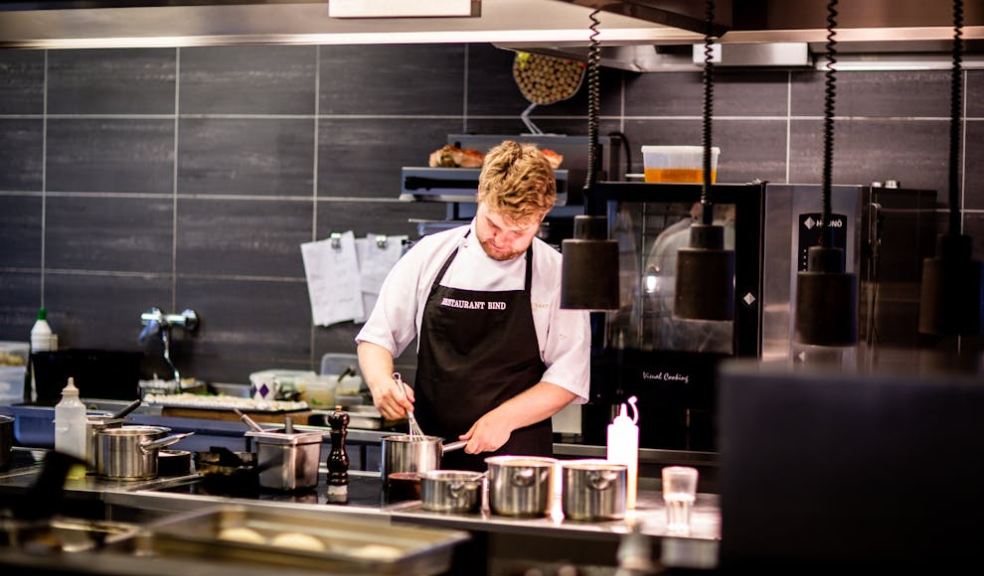
Setting Up Your Own Restaurant: Key Tips for Success
Embarking on setting up your own restaurant can be an exhilarating yet daunting endeavour. It requires a passion for food and a solid understanding of business, customer service, and the regulatory landscape. This guide offers key tips for success, from conceptualisation to launch, ensuring you navigate this complex process with greater ease.
Concept and Brand Identity
Your restaurant's concept and brand identity are the foundation upon which your business will be built. It's imperative to have a clear vision of the kind of dining experience you want to offer. This involves deciding on the cuisine, the ambience, the price point, and how you want your restaurant to be perceived by your target audience. Whether you're leaning towards a cosy, family-friendly bistro or a high-end gourmet dining experience, your concept should reflect your passion and uniqueness.
Location, Location, Location
The significance of choosing the right location for your restaurant cannot be overstated. High foot traffic areas are typically desirable but come with higher rent. Consider the area's demographics, accessibility, parking facilities, and the proximity to suppliers. Your location should align with your target market; for instance, a family restaurant might do well near residential areas, while a fine dining establishment may thrive in a bustling city centre. Making the right decision on the location of your business means weighing up different elements that will affect your choice and which should be your priority.
Licensing and Regulations
Navigating the UK's regulatory landscape is crucial for setting up your restaurant. This includes obtaining the necessary food hygiene certifications and alcohol licenses (if applicable) and adhering to health and safety regulations. Specially designed commercial kitchen supplies will help ensure your business follows health and safety regulations. You'll also need to register your business and understand the tax implications. It's advisable to consult with legal experts in the hospitality sector to ensure all your paperwork is in order and you’re compliant with local laws and regulations.
Menu Development and Supplier Relations
Your menu is not just a list of dishes; it reflects your restaurant's identity. It should be well-balanced, catering to a broad range of dietary preferences and allergies and highlighting your specialities. Sourcing high-quality ingredients is just as crucial as the recipes themselves. Establishing good relationships with suppliers can ensure the freshness of your produce and potentially negotiate better prices. Regularly reviewing and updating your menu based on customer feedback and seasonal availability keeps your offerings exciting and relevant.
Staffing and Training
Your staff are the face of your restaurant, and their performance can significantly affect your establishment's reputation. Hiring experienced and passionate individuals who share your vision and values is key. Invest in thorough training programmes to ensure your team is knowledgeable about your menu, skilled in customer service, and aware of health and safety practices. Creating a positive work environment can also help retain staff and reduce turnover.
Financial Planning and Management
Effective financial planning and management are critical for the sustainability of your restaurant. This includes setting realistic budgets, monitoring cash flow, and controlling costs without compromising quality. Keep a close eye on your financials, and be prepared to adjust your operations as necessary. Seeking advice from financial advisors experienced in the restaurant industry can provide valuable insights and help you make informed decisions.
Conclusion
Setting up your own restaurant is a challenging yet rewarding journey. It requires dedication, hard work, and a deep understanding of both your craft and the business behind it. Remember, the key to success lies in the food you serve and the experiences you create.











